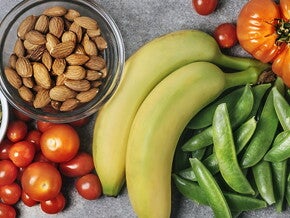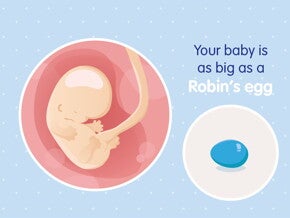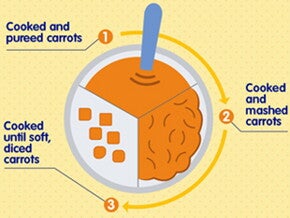
Understanding The Power Of Proteins
WHAT ARE PROTEINS?
Proteins are often known as the “Bricks of Life”. After water, they are the most abundant substance in the body – all muscles and organs are predominantly composed of them.
Proteins serve a very wide variety of functions: as structural elements, components of the immune system, environmental protectors, hormones, biocatalysts (enzymes), and other specific functions.
- Vision – Rhodopsin protein is necessary for normal vision.
- Metabolism – Metabolism is controlled by enzymes (proteins).
- Hormones – Many hormones are proteins.
- Digestion – Digestive enzymes are proteins.
- Skeleton – Large proportion of the skeleton is protein.
- Defense – Skin, nails, hair, immune system.
IS YOUR CHILD GETTING TOO MUCH PROTEIN?
In a developed society like Singapore, food is abundantly available, and it is a cultural habit for food to be associated with showing affection. Chubby children are traditionally preferred and worst of all, many parents tend to perceive their healthy child to be too skinny.
Fat, for the longest time, has been regarded as the culprit in weight problems. But not many realize that PROTEIN also contributes to the calorie count. Recent studies have shown that an early protein intake during infancy and childhood could have a significant effect on weight gain1, 2, and those with high weight gain appear to have more body fat.
THE QUALITY AND AMOUNT OF PROTEIN GIVEN TO YOUR CHILD MAKES A DIFFERENCE TO THEIR GROWTH AND DEVELOPMENT
Your child has specific protein needs. They need the right amount of high-quality proteins for a steady, healthy pattern of growth – not too fast and not too slow.
“Programming” - the concept that the dietary intake such as the amount of and possibly the type of proteins consumed during infancy may have long lasting health effects. Interestingly, recent evidence has shown that too much protein in your child’s diet is not appropriate. It may increase their risk of becoming obese in the future.
By conditioning the child’s diet throughout infancy and onto childhood, parents are provided with the opportunity to positively influence their child’s adult health in the future. So, choosing high quality proteins in the right amount can make a big difference to your child’s growth and help build a strong foundation for life.
HOW MUCH PROTEIN DOES MY CHILD NEED IN A DAY?
|
Age Group |
Estimated Weight |
Protein (g/day) |
|
6 - < 9 months |
8.5kg |
17g |
|
6 - < 12 months |
9.5kg |
18g |
|
1 - < 2 years |
11.0kg |
19g |
|
2 - < 3 years |
13.5kg |
20g |
Recommended Dietary Allowances for Normal Healthy Persons in Singapore (Children aged 6 months – 3 years), Singapore Health Promotion Board
REFERENCES:
1. Günther AL, et al. Early protein intake and later obesity risk: which protein sources at which time points throughout infancy and childhood are important for body mass index and body fat percentage at 7 y of age? Am J Clin Nutr 2007;86:1765-72.
2. Ohlund I, et al. BMI at 4 years of age is associated with previous and current protein intake and with paternal BMI. Eur J Clin Nutr 2010;64:138-45.
3. Pietrobelli A,et al. Nutrition in the First 1000 Days: Ten Practices to Minimize Obesity Emerging from Published Science. Int J Environ Res Public Health. 2017;14(12). Pii: E1491.


















